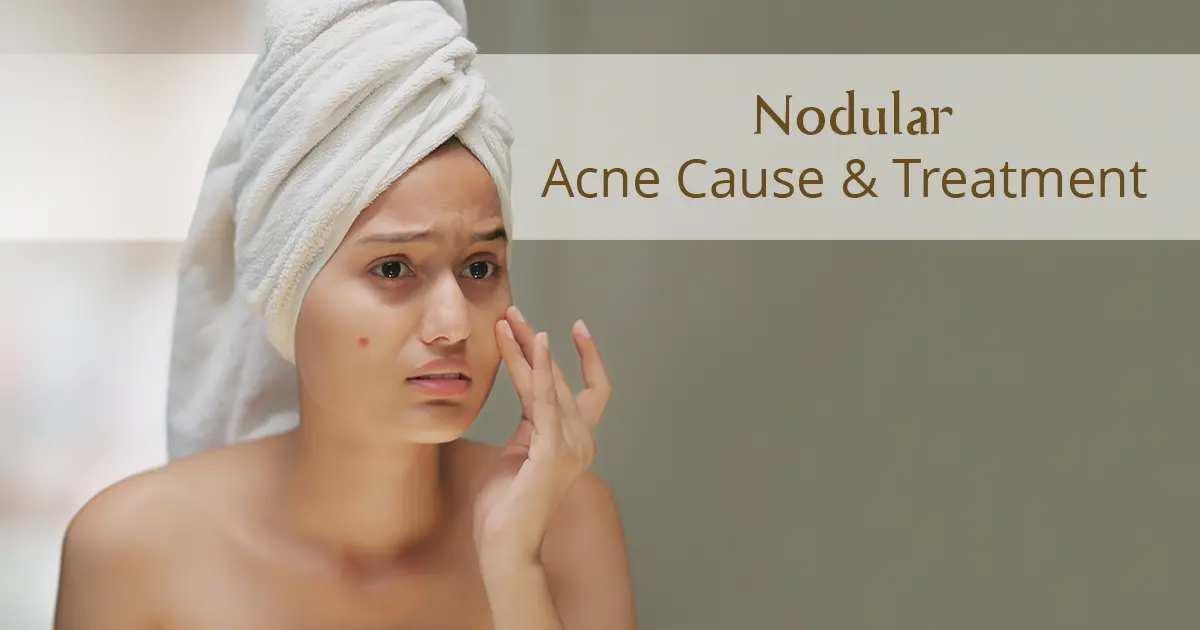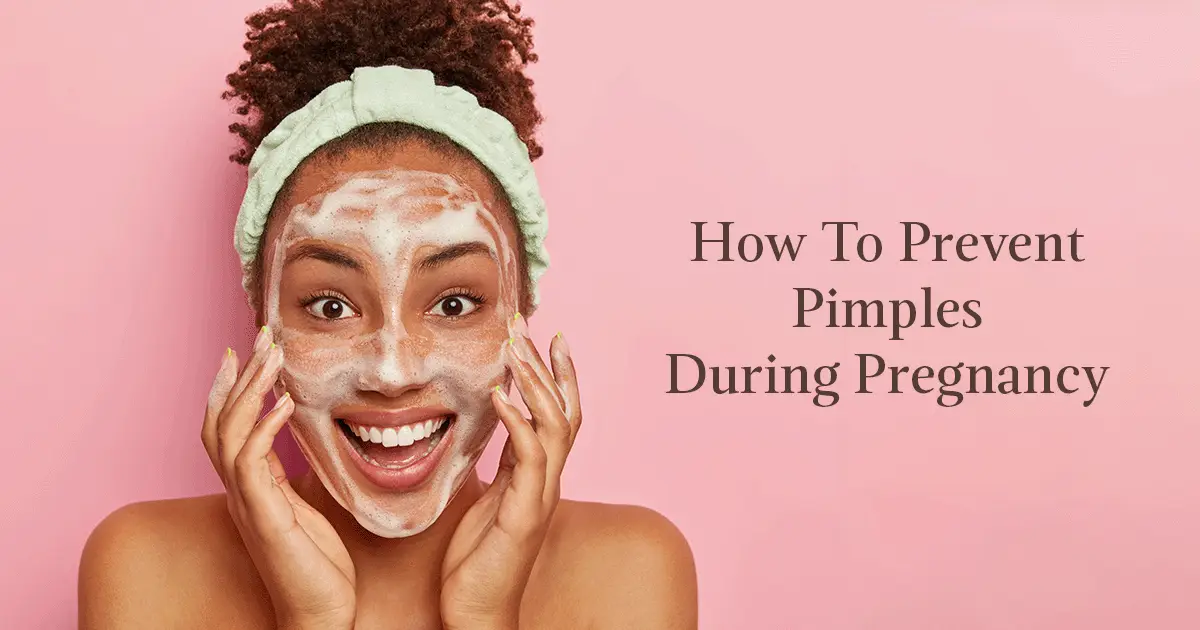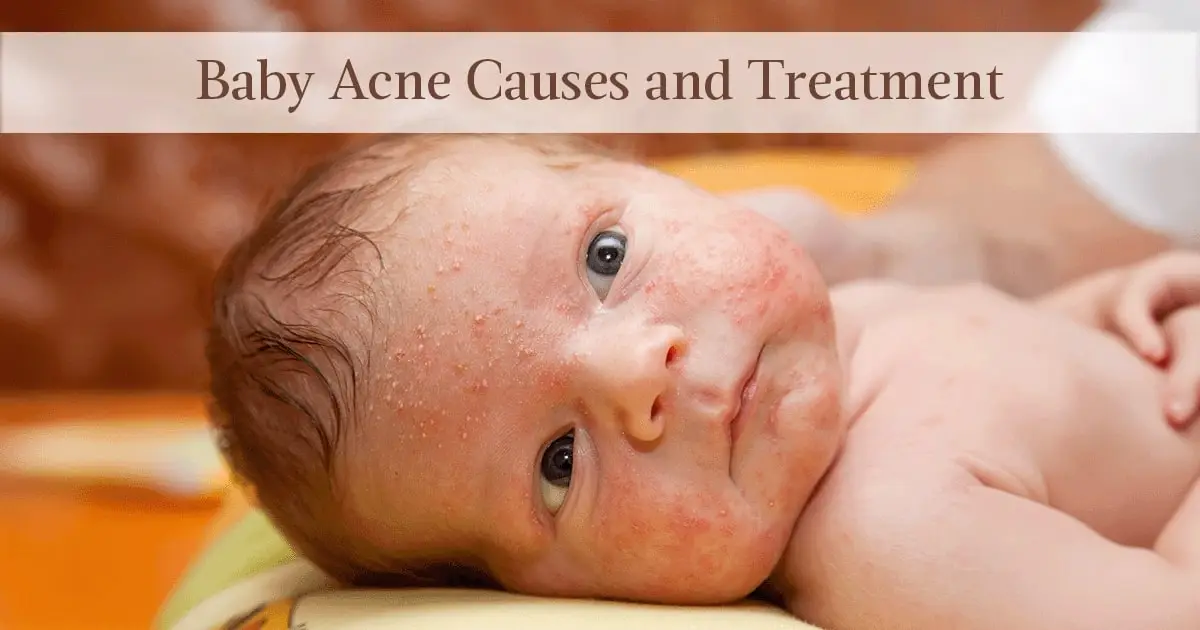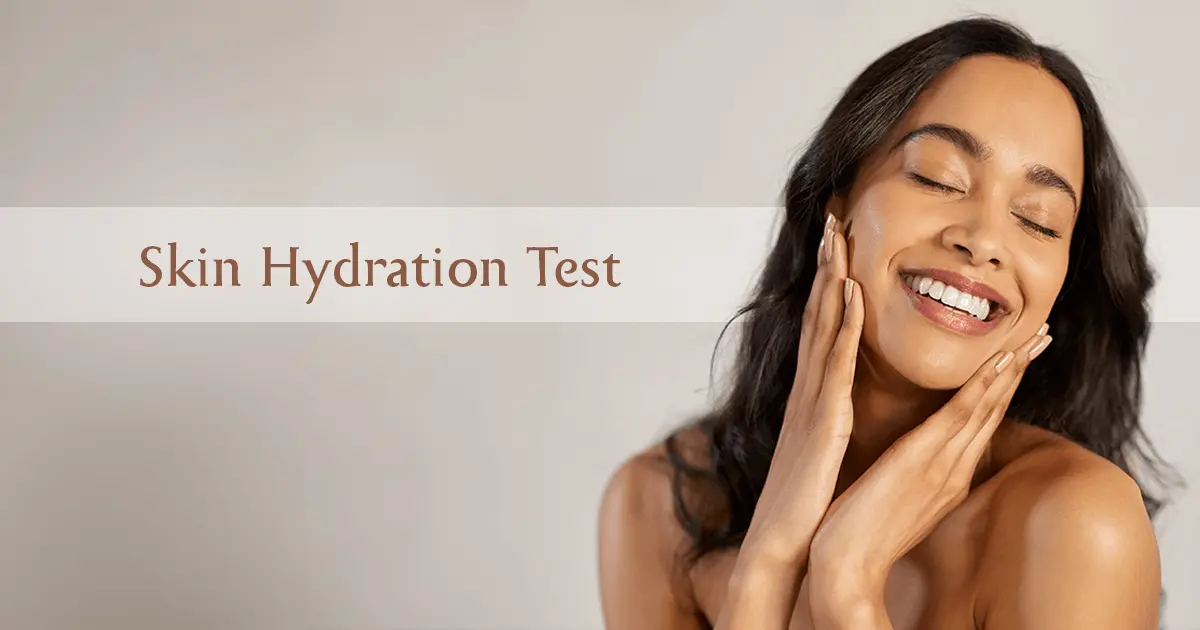
Are you tired of painful acne that lingers around for weeks? Chances are, you might be dealing with nodular acne—painful bumps that originate from deep within the skin surface. This type of acne is not only stubborn but also leaves unpleasant scars if not treated early.
If you’ve tried everything for your acne and nothing seems to work, don’t worry, this guide is for you. In this blog, we break down what nodular acne really is, why it happens, and most importantly, what you can do to prevent it.
So dive in!
What Is Nodular Acne?
Nodular acne is a severe form of acne that lasts for weeks or months. It appears as a hard lump that has its roots deep under the skin. Unlike most acne, these bumps usually don’t have a whitehead or a blackhead.1 Nodular acne has a diameter of about 5–10 mm or more, and it often develops on the jawline or chin.2
How Common Is Nodular Acne?
Up to 90% of people have acne. Among those, about 20% have the severe type of nodular acne.1
Is Nodular Acne The Same Thing As Cystic Acne?
No! While both these acne appear in the form of bumps, they are different from each other.1 2
|
Nodular Acne |
Cystic Acne |
|
|
Symptoms Of Nodular Acne
You may notice the following symptoms in case of nodular acne:1
- Hard lumps under the skin surface.
- Usually, you’d notice them forming on your face, jawline, chin, back or chest.
- Tenderness and pain, especially while touching the lumps.
- The lumps appear red or are the same colour as your skin.
Causes Of Nodular Acne
Wondering what's causing your nodular acne? Here are some common culprits:1
1. C. acnes
Acnes is an anaerobic bacterium naturally found on human skin. When the bacteria get trapped inside clogged pores, they multiply rapidly and cause inflammation. C. acnes also releases enzymes and other molecules that degrade the follicular wall (hair follicle wall), exacerbating the inflammatory response.
2. Blocked Pores
Comedones or blocked pores often trigger nodular acne. When the dead skin cells, excess sebum and dirt clog the pores in your skin, they create an ideal environment for the acne-causing bacteria to thrive. When the trapped bacteria inside the pore start multiplying, it leads to inflammation. Unlike whiteheads or blackheads, these blockages occur deeper in the skin and result in large, firm and painful nodules.
3. Excessive Sweating
People who sweat a lot have a higher chance of developing nodular acne. This is also true for those wearing clothes that trap sweat, letting it stay on your skin for a long time. The sweat creates an ideal environment for the bacteria to thrive. By mixing with dust and oil, sweat also tends to clog your pores.
4. Genetics
Genetics play a key role in making you more prone to nodular acne. If it runs in your family, there’s a higher likelihood you’ll experience it too. That’s because the genes responsible for sebum production, skin cell turnover, and inflammatory response are often inherited.
5. Hormones
Hormonal fluctuations, especially an increase in androgens, can trigger sebaceous glands to produce more sebum, which increases the risk of clogged pores and acne. This is particularly common during puberty, menstruation, pregnancy, or conditions like PCOS (Polycystic Ovarian Syndrome).
6. Medications
Certain medications, such as corticosteroids, anabolic steroids, lithium, isoniazid, and some anticonvulsants, can cause or worsen nodular acne
7. Skincare Products
Using heavy or oily skincare and cosmetic products can clog pores and worsen nodular acne. Such products are known as comedogenic products, and they can trap sebum and bacteria under the skin and lead to acne formation. Experts suggest that individuals with acne-prone skin should opt for non-comedogenic, oil-free, and fragrance-free products to minimise the risk of breakouts. An ideal choice could be our Skin Clarifying Serum that contains natural ingredients like Canadian Willowherb and Turmeric Root Extract, which fight acne-causing microbes, giving a clearer complexion. The serum is also a great choice for pregnant and breastfeeding women as it’s toxin-free (EWG-verified), natural (Ecocert-certified) and cellularly tested on lab-grown human skin cells for safety and effectiveness.
8. Stress
Stress triggers the release of cortisol and other stress hormones, which increase oil production in the skin and may impair skin barrier function. Additionally, stress can lead to poor lifestyle habits like inadequate sleep, unhealthy eating, or skipping skincare routines, all of which can contribute to nodular acne.
How Is Nodular Acne Diagnosed?
Nodular acne is diagnosed by a dermatologist. They’ll closely observe your skin for its physical appearance and ask you about the symptoms which you might be experiencing.1
When you visit the doctor, don’t forget to tell them about your family history, preexisting medical conditions and medications if you’re taking any.1
Are There Treatments For Nodular Acne?
Your doctor might recommend the following treatments for nodular acne:
1. Oral Medications
Only in severe cases, your doctor might recommend oral medications such as isotretinoin. But these medicines have several side effects and are particularly unsafe for pregnant women. Other medications that are recommended for reducing inflammation include antibiotics, oral contraceptives and spironolactone (slows down hormonal acne)
2. Topical Treatments
Topical treatments for nodular acne include benzoyl peroxide, salicylic acid and prescription-strength retinoids. But be careful while using them as they have their own share of side effects.
3. Steroid Injections
If your nodular acne gets very severe, the doctor might recommend cortisone shots. Using a needle, they inject steroid medication right into the nodule to reduce inflammation and improve the lump.
Summing Up
Nodular acne is quite different from regular acne. It’s larger, more persistent, and more painful. Plus, it usually doesn’t respond well to over-the-counter treatments, so getting a proper plan from a certified dermatologist can really help.
That said, keep in mind that most medical treatments can have side effects. So it’s always a good idea to follow a basic facial hygiene routine and stick to non-comedogenic skincare products as part of your daily skincare to prevent flare ups.











